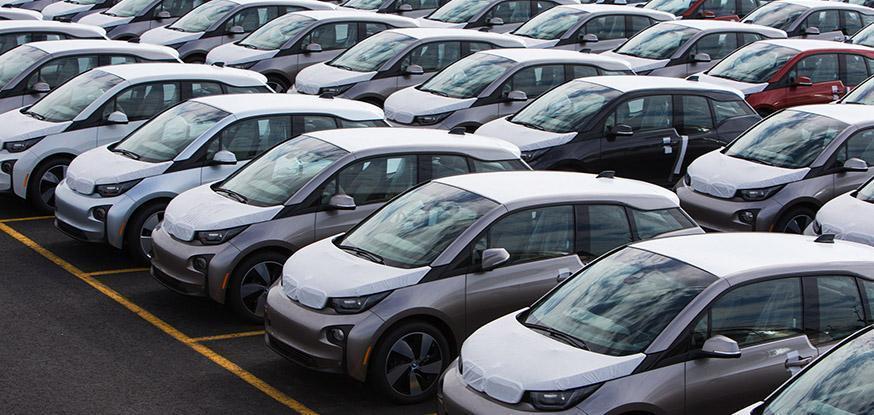The world's leading car manufacturers have come together to issue an appeal to China to delay or soften its planned policy in relation to the sales of its electric and hybrid vehicles. The proposals brought forward by China's Ministry of Industry and IT has been viewed as 'impossible to meet' by global automakers, and added that the introduction of the policy would severely disrupt the automotive sector.
China is keen to combat its air pollution problems - and it announced its strategic roadmap and vision for electric and plug-in hybrid cars to make up at least a fifth of Chinese auto sales by 2025, it intends to implement a staggered system of quotas which will begin in 2018.
Analysts have suggested that China also view the policy as a way to help the domestic car segment to compete with foreign rivals that have decades more experience in internal combustion engines. However, many have blasted the proposed regulations as the strict new rules contain harsh penalties for non-compliance, such as the cancellation of licenses to sell non-electric vehicles in China.
Liping Kang, a senior adviser at the Innovation Center for Energy and Transportation, which is a Beijing think tank, has predicted it may well have severe consequences for many traditional car manufacturers. He said: "This will hit the industry pretty hard, especially well-known companies. The proposed rules ambitious enforcement date is not possible to meet. At a minimum, the mandate needs to be delayed a year and include additional flexibilities."
In the letter written to the Chinese ministry, the consortium of automakers urged China to introduce equal treatment of Chinese and foreign manufacturers. Under current rules, foreign carmakers are excluded from getting full subsidies for new energy vehicles and batteries, which puts organizations such as Tesla at a distinct disadvantage. The letter said: "This preference for domestic automakers over import automakers undermines the environmental goals of the regulation, puts imports at a competitive disadvantage, and risks opening China up to international trade disputes."
China is the world's biggest manufacturer of electric cars, producing 43% of the total in 2016. It has been reported that the signatures on the letter were signed by the American Automotive Policy Council, the European Automobile Manufacturers Association, the Japan Automobile Manufacturers Association and the Korea Automobile Manufacturers Association.
In response to China's plan, European carmakers such as Daimler has vowed to accelerate its local production of vehicles, while US-based Tesla has revealed it is in discussions with the Shanghai Municipal government to negotiate if it can avoid a 25% tariff on imported vehicles.
Foreign manufacturers have also expressed its desire to get more credit for plug-in hybrid cars, and for carmakers to be allowed to "bank" credits accrued from already sold cars as well as to "carry forward" credits into subsequent model years.

